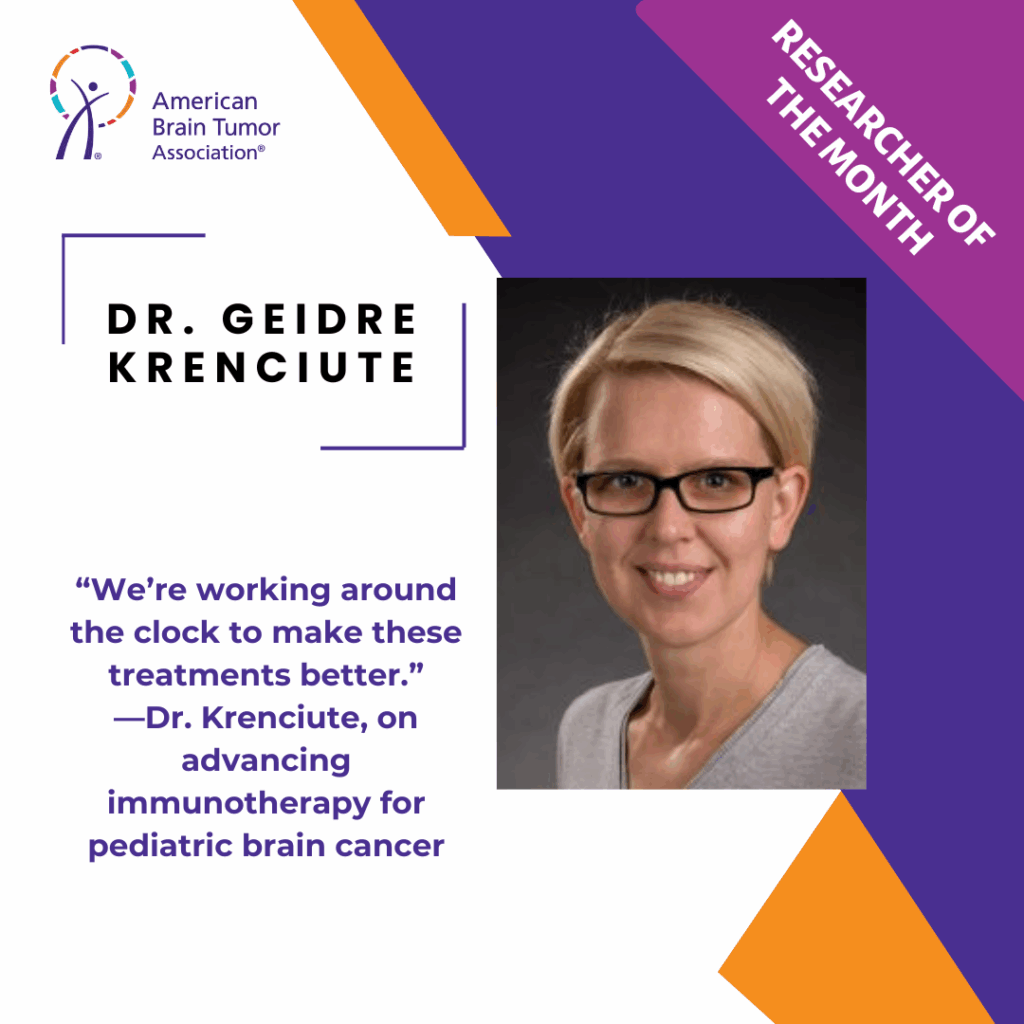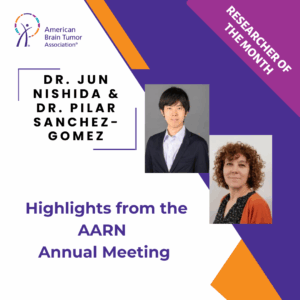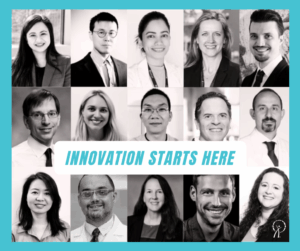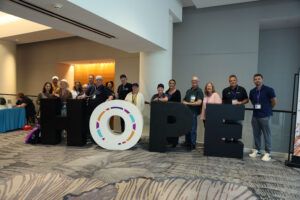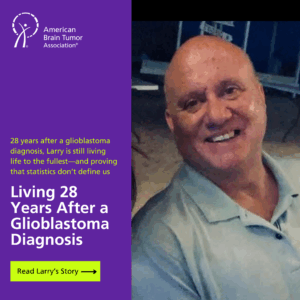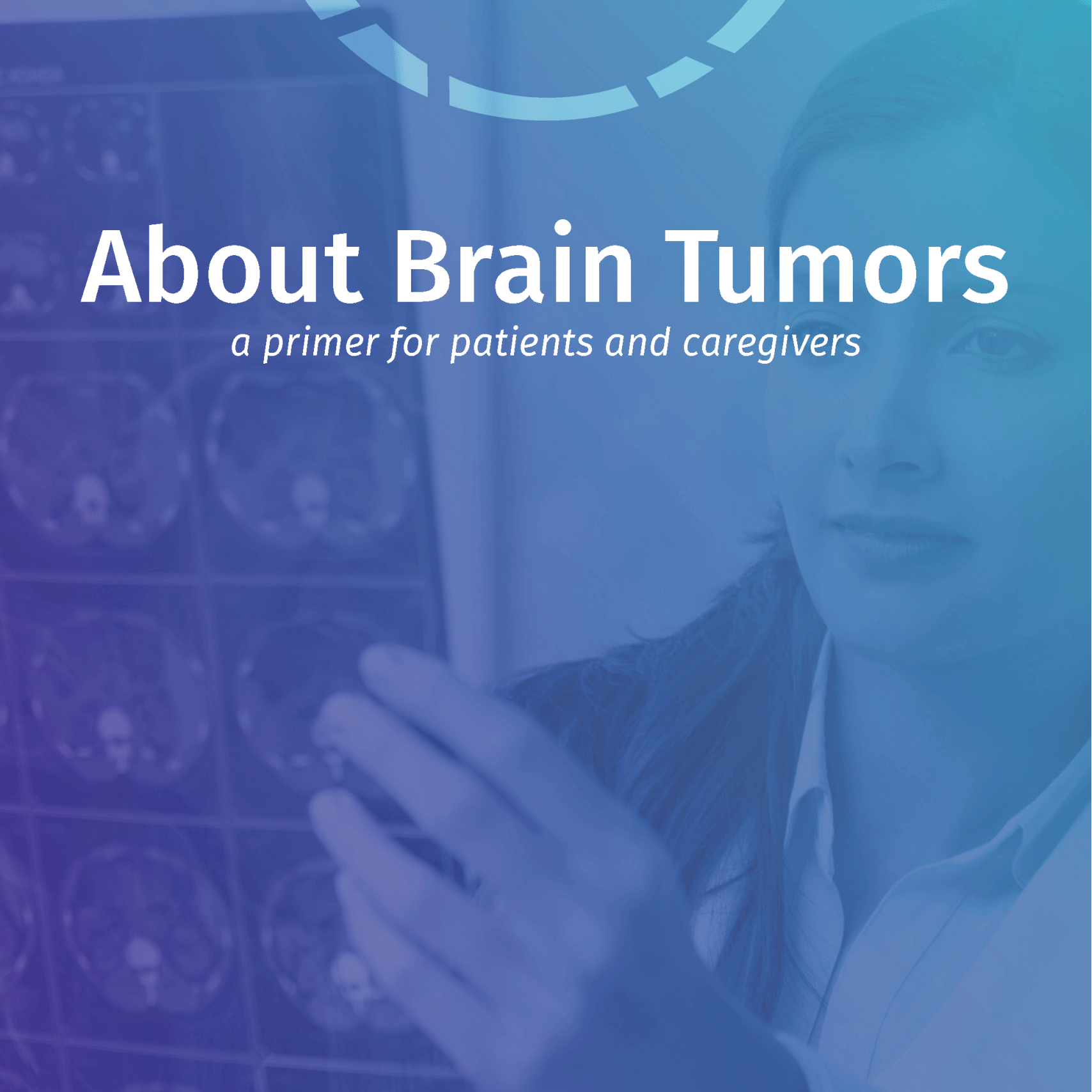In recognition of Childhood Cancer Awareness Month
When it comes to pediatric brain tumors, hope starts in the lab—and few scientists are as driven by that mission as Dr. Giedre Krenciute. Named the American Brain Tumor Association’s (ABTA) September Researcher of the Month, Dr. Krenciute is a dedicated leader in pediatric brain tumor research, using cutting-edge immunotherapy techniques to develop more effective and less toxic treatments for children.
Her passion for this work began early in her career, during her postdoctoral training. After shadowing a pediatric neuro-oncologist and witnessing firsthand the limited treatment options for young patients, she committed herself to this challenging yet critically important field. “There was such a clear and urgent need,” she recalls. At St. Jude Children’s Research Hospital, she found not only the resources to pursue her vision but also a collaborative network of renowned pediatric brain tumor experts (Drs. Suzanne Baker, Martine Roussel and Stephen Mack) who help propel her work forward
Dr. Krenciute’s lab is focused on a promising tool for the treatment of many types of cancer: chimeric antigen receptor (CAR) T cells, a type of engineered immune cell designed to seek specific targets on cancer cells and then destroy the cancer. Her team of 10 people are investigating several types of brain tumors including diffuse midline glioma (DMG), medulloblastoma, and ependymoma. While their selected target, B7-H3, worked well across multiple cancer types, B7-H3-specific CAR T cell response wasn’t universal across all tumor types, highlighting a key insight: every pediatric brain tumor subtype has its own way of resisting treatment.
Rather than viewing this as a roadblock, Dr. Krenciute sees it as a puzzle “like a LEGO piece,” she says, “that we can keep improving.” Her lab is now working to better synchronize CAR T cell activity with suppressive tumor immune microenvironment, lower the inflammation caused by treatment, and study the unique resistance mechanisms that differ by tumor type. The goal: make CAR T-cell therapy safer, smarter, and more effective for young patients.
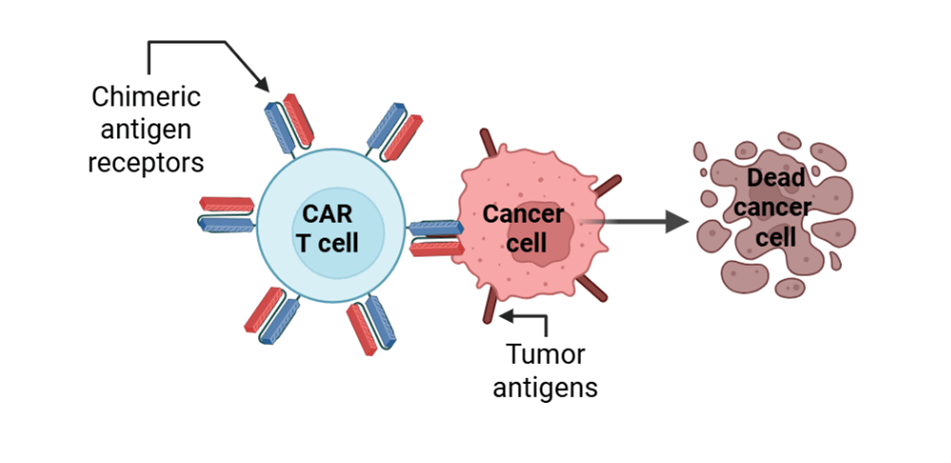
In this therapy, doctors take a child’s T cells (a type of white blood cell that fights infection) and genetically modify them in a lab. The key change? They add a special tool called a chimeric antigen receptor (CAR): a custom-built sensor that helps the T cells recognize and attack cancer cells.
Think of the CAR like a LEGO piece that snaps onto the T cell. Just like LEGO pieces can be swapped out to build different creations, these CARs can be changed depending on the type of cancer. Scientists can design different CARs to recognize specific targets, or antigens, on the surface of tumor cells and kill the tumor cells. For example, a CAR designed for one kind of pediatric brain cancer might not work for another, so researchers can “snap on” a different LEGO piece to target a different cancer type.
Once the CAR T cells are ready, they’re returned to the patient’s body, where they hunt down and destroy tumor cells that carry the matching target.
One reason pediatric brain tumors are so difficult to treat is because they are fundamentally different from adult brain tumors. Dr. Krenciute explains: “They occur in different locations in the brain, behave differently, and require a completely different treatment approach.” Children are also a highly sensitive population, making it essential to find therapies that target cancer cells without causing harmful long-term side effects.
Access to tumor samples presents another major challenge, as many pediatric brain tumors, especially those in sensitive areas like the brainstem, cannot be biopsied safely. To work around this, her lab collects cerebrospinal fluid (CSF) to look for markers that might serve as proxies for what’s happening inside the tumor itself.
To families facing a pediatric brain tumor diagnosis, Dr. Krenciute offers a message of determination and hope:
“We’re working around the clock to make these treatments better. Our first patient was treated with CAR T cells in mid-2023 and we have already treated 23 patients —and while it might not feel fast, in science, this is rapid progress.”
In a field where every step counts, Dr. Krenciute’s work is helping build a future where safer, more effective treatments exist for every child diagnosed with a brain tumor.
To learn more about the CAR T-cell clinical trial for pediatric brain cancer, visit https://www.stjude.org/care-treatment/clinical-trials/loc3car-cns-tumors.html
If you or a loved one has been impacted by a pediatric brain tumor, visit our pediatric cancer resource center to view our free resources.


